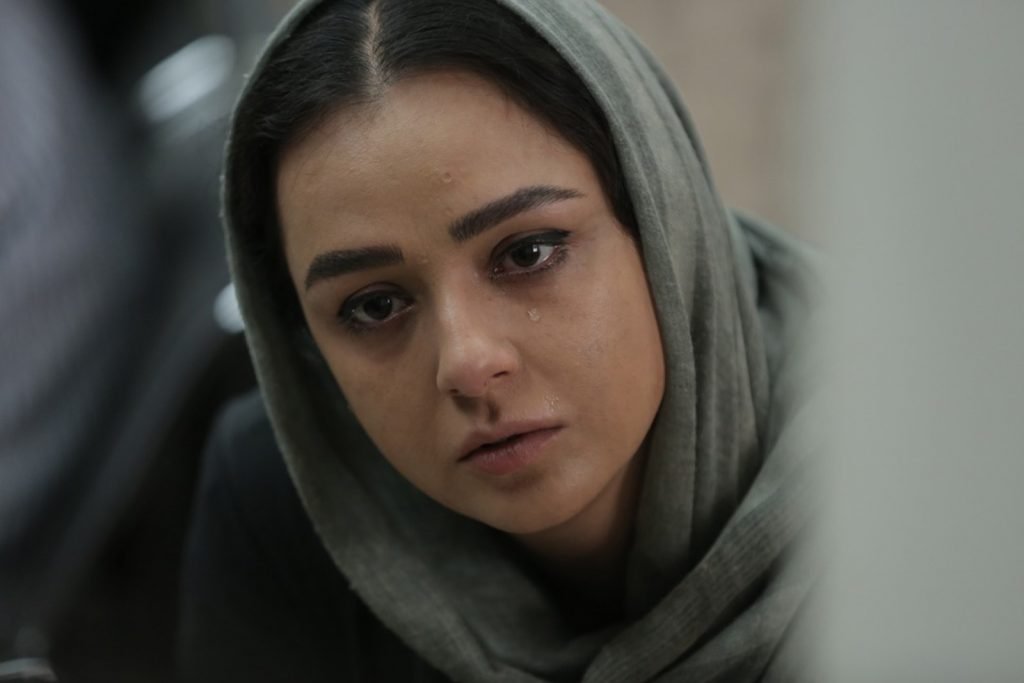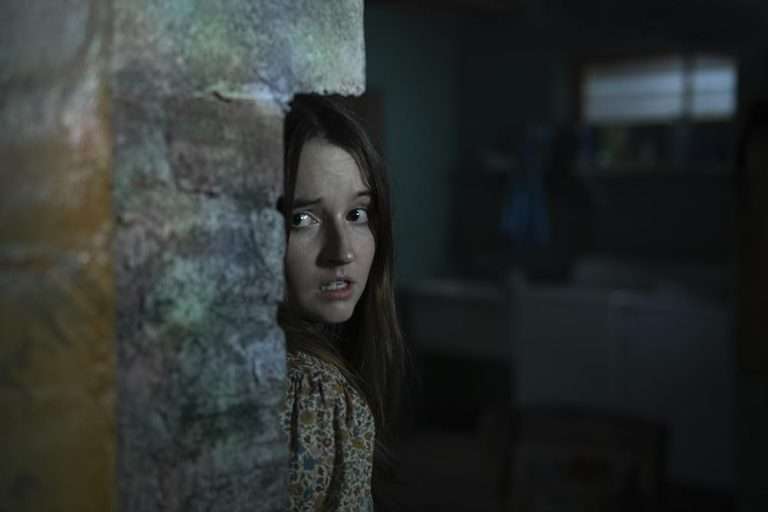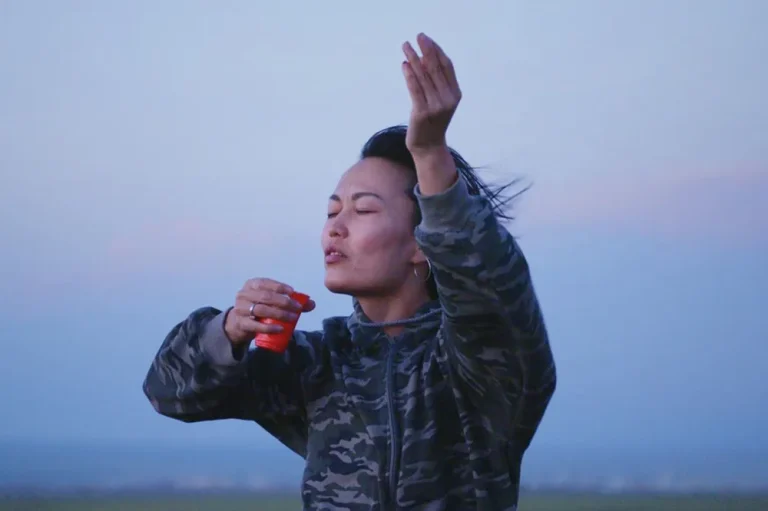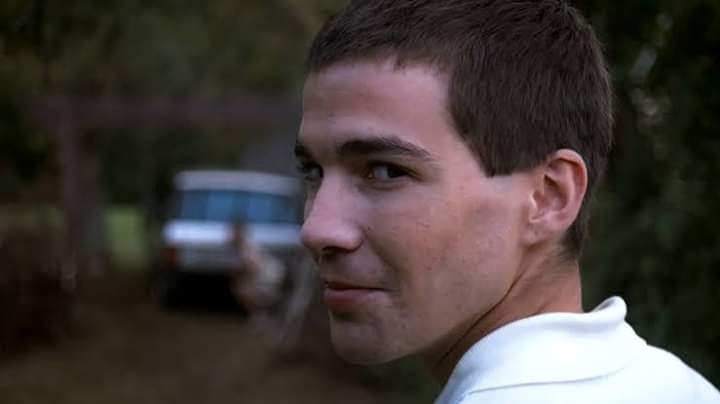If one were to cut out the grandiose wedding sequence from the last quarter of Leila’s Brothers (2022) and, with no other information about the film except that available from its poster, asked to construct a narrative around this cropped material, chances are the story may go somewhat like this: members of a struggling family in Tehran come together to pool in their resources, complimenting and making up for each other’s individual deficiencies in a collective effort to pull themselves out of the fringes of poverty in a tale of familial love, heart, and compassion. As tear jerking and optimistic as this plot may seem, this does not always prove to be the story in real life. And Iranian cinema holds this reality to a high standard when replicated onto the silver screen.
Checkout our complete coverage of the 2022 International Film Festival of Kerala
If you haven’t yet ventured into the bliss that is Iranian cinema, Saeed Roustaee’s Leila’s Brothers (nominated for the Palme d’Or at 2022 Cannes Film Festival) is the perfect portal to introduce you into the realist ethos of a film industry that has previously championed pioneering auteurs such Abbas Kiarostami, Jafar Panahi, Asghar Farhadi etc. In this clinching family drama on love, pride, and betrayal, Roustaee presents the inherent sexism, misogyny, patriarchy, and economic turmoil in Iranian society through a case study of the dysfunctional Jourablou family. The film expands on the role and importance given to tradition in Iranian society and how generational wealth dictates societal position with respect to power.
The men of the Jourablou family are unambitious and settle for achieving meagre desires that do not translate into concrete productive work which may allow for class mobility or even a respectable sustenance. Farhad exudes physical potential as he is muscular and chiseled but this does not translate into any monetary gains for the family. Parviz has a family of his own with five children but his job as a toilet cleaner barely provides for his family. Manouchehr repeatedly gambles on get-rich-quick schemes to make fortunes which never come and Alireza made no salary from his job as a factory worker and was later laid off when the factory went bankrupt. Of all the men in the film, the most despicable turn out to be their father, Esmail, who refuses to invest his personal savings in his children’s business and instead hopes to gift it to a cousin under the belief that doing so would bring him long lost respect from his family and the title of the ‘patriarch’.
Leila is the only daughter of the Jourablou family and only earning member with a stable job. She tries to convince her four brothers to set aside their differences and formulate a plan to start a family business with the hopes to providing themselves and their respective families a better life. While adversities are a staple in any venture to climb the class ladder, what infuriates her the most is that these adversities mostly arise as a result of the incompetence and immaturity of her parents and brothers. Any attempt she makes at sensitizing her brothers or parents eventually leads to her being blamed for any unluck that befalls on the family despite her being the only reason them being able to make ends meet. While her parents spend their time ruminating over past histories of hardship and ancestral pride without providing any substantial wisdom and wealth to their children, Leila becomes both a mother-life-figure and mentor for her brothers as she spearheads the business plan to save their family. What ensues in the rest of the film is how personal desires overcome the larger goal as family members turn on each for what they believe to be the right thing, eventually resulting in larger rifts, both emotionally and spatially.
The ensemble cast provide compelling performances with powerful scenes that border on being tear-jerkers but do not go overboard, thereby maintaining a brooding sense of pain that without allowing defusal of tension through cathartic release. Taraneh Alidoosti as Leila commands a magnetic presence as she is able to convey her frustration at the helpless situation she is in and the lack of support she gets to the audience while Saeed Poursamimi turns all the right cogs to ensure that audiences feel the same anger and hostility towards Esmail that Leila feels. The constant development of the plot and evolving characters relationships, while not completely justifying the runtime, makes it considerably more appreciable. However, it is Roustaee’s command over his characters that really shines throughout as they feel real and rooted in their conveyance of the monetary hardships and familial dysfunctionality without being two dimensional objects that are made for plot progression. The screenplay also boasts witty dialogues on poverty, capitalism, corruption and familial obligation that further enrich the narrative.
Leila’s Brothers is a perfect summation of the suffocative existence of women in Iran as well as the false sense of pride placed on ancestral titles and generation wealth and is the perfect film for anyone looking to explore cinema detailed on grounded human emotions.


![Woman on the Run [1950] Review – Shady Figures and a Marriage in Shambles](https://79468c92.delivery.rocketcdn.me/wp-content/uploads/2021/05/Woman-on-the-Run-1950-768x432.jpg)
![Assassinaut [2019] ‘BUFF’ Review – A cheap knockoff](https://79468c92.delivery.rocketcdn.me/wp-content/uploads/2019/03/Assassinaut_BUFF_HOF11-768x320.jpg)

![Pokémon the Movie: Secrets of the Jungle [2021] Review: Wish they would Let Ash Grow Up](https://79468c92.delivery.rocketcdn.me/wp-content/uploads/2021/10/Pokemon-the-movie-secrets-of-the-jungle-1-768x432.jpg)

